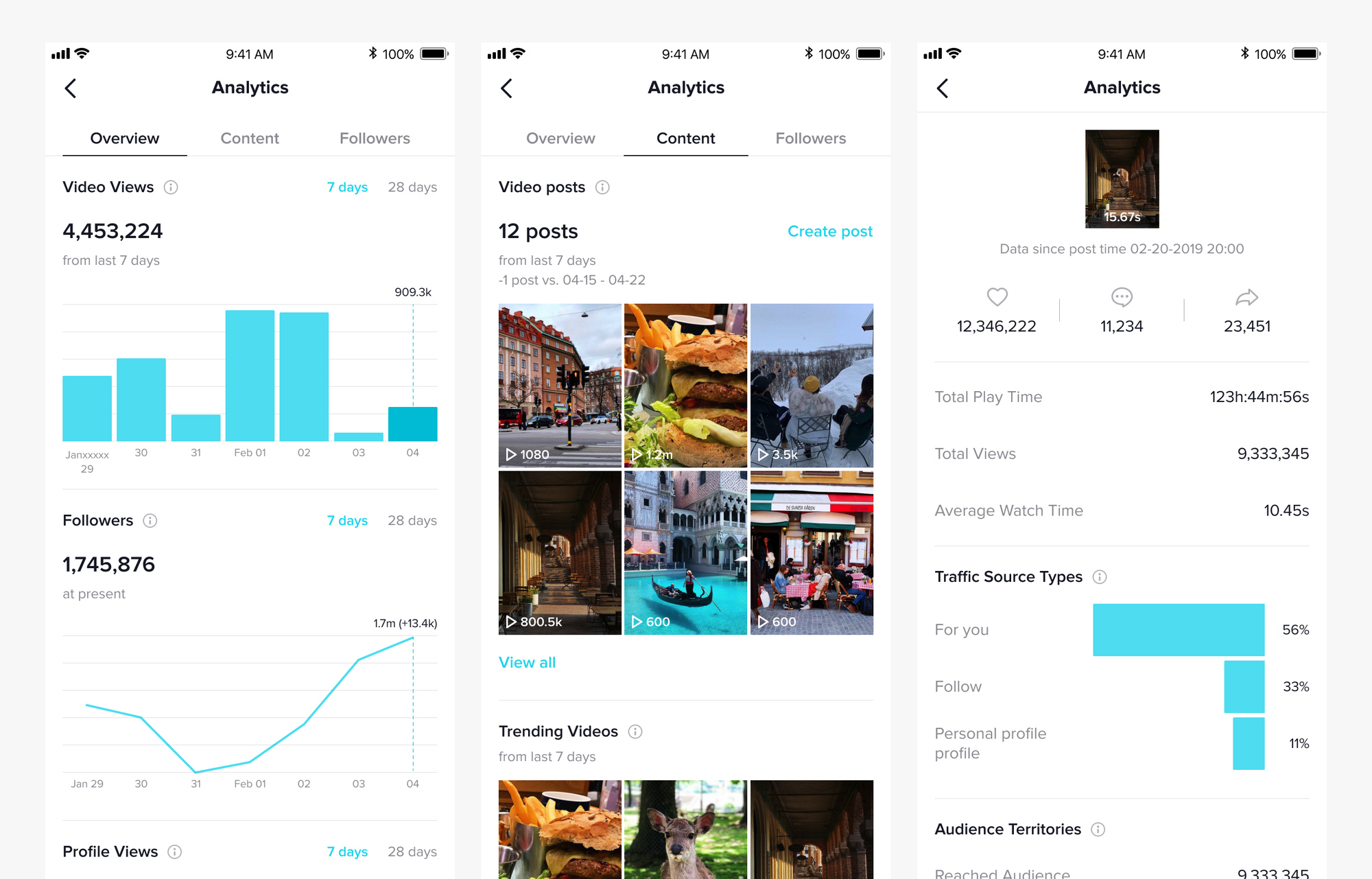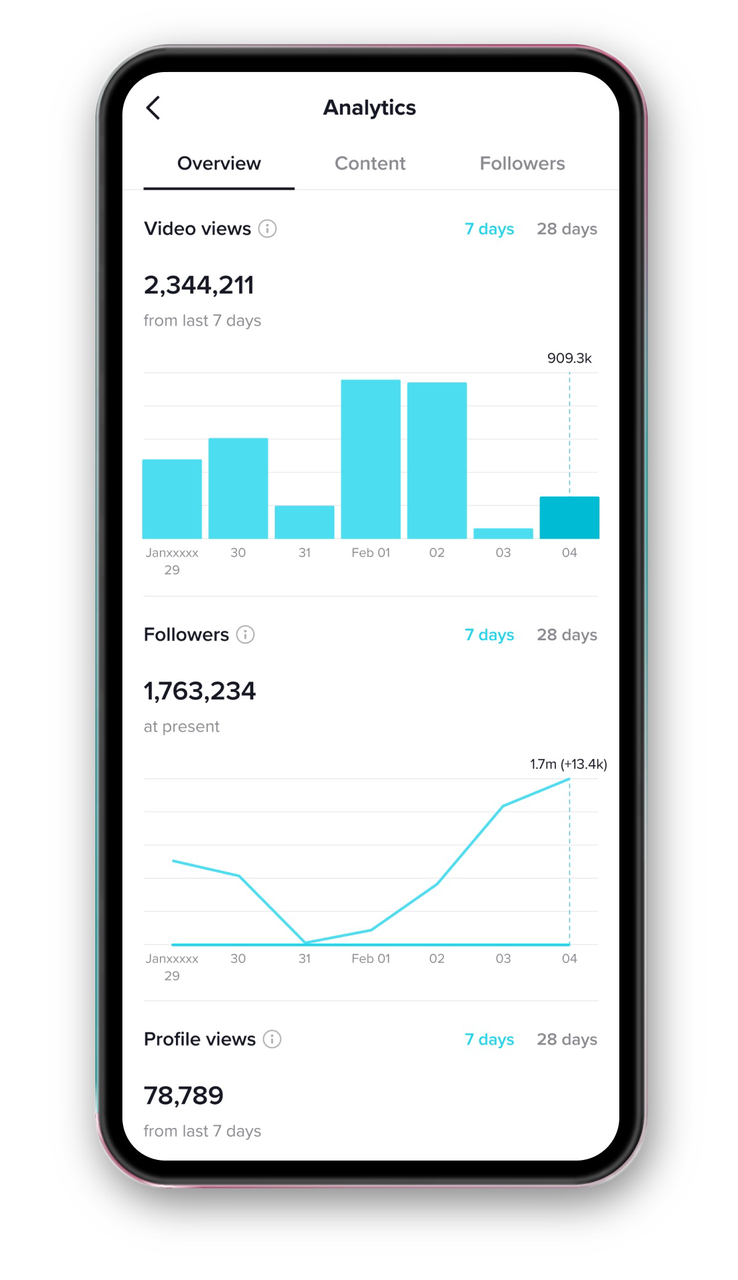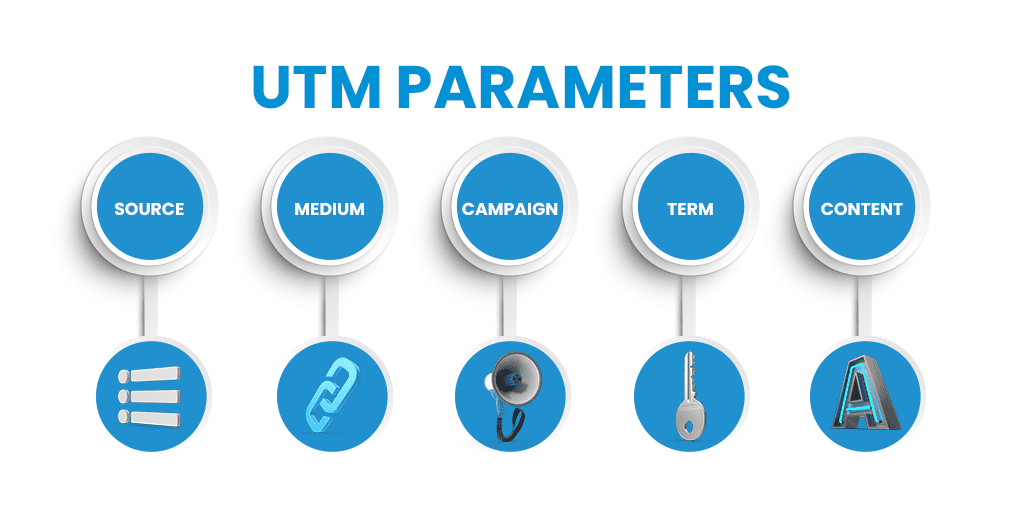Content
SHARE

If your business uses TikTok as a marketing strategy, you must understand the importance of tracking and measuring your results. Tracking your TikTok marketing efforts allows you to assess the effectiveness of your content and campaigns, identify areas for improvement, and make data-driven decisions to drive better results. This article will explore the different aspects of tracking and measuring TikTok marketing results, from setting up your TikTok Pro account to utilising in-app analytics and advanced tracking techniques.
![]()
Understanding the Importance of Tracking TikTok Marketing Results
Analytics is crucial in social media marketing, and TikTok is no exception. Tracking your TikTok marketing efforts gives you valuable insights into your audience’s behaviour, content performance, and overall impact on your business goals. Tracking lets you identify which campaigns generate the most engagement, understand your audience demographics, and determine what content resonates with your TikTok followers. TikTok has a unique user base, content formats, and engagement patterns that are unlike other social media platforms. Tracking TikTok marketing results requires a dedicated approach tailored to this platform. When tracking TikTok marketing results, one of the key metrics to consider is engagement. TikTok’s algorithm heavily relies on engagement to determine the reach and visibility of your content. By monitoring the number of likes, comments, shares, and views your TikTok videos receive, you can gauge your audience’s level of interest and interaction. This information can help you identify which types of content resonate the most with your TikTok followers, allowing you to create more targeted and engaging campaigns in the future.
Another important aspect to track is audience demographics. Understanding who your TikTok followers are can provide valuable insights into their preferences and interests. By analysing demographic data such as age, gender, location, and interests, you can tailor your content to better suit their needs. For example, suppose you notice that a significant portion of your TikTok audience comprises young adults interested in fitness. In that case, you can create content that aligns with their interests, such as workout routines or healthy recipes. Furthermore, tracking TikTok marketing results can help you identify trends and patterns in your content performance. By analysing the success of different campaigns, you can determine what elements contribute to higher engagement and adjust your strategies accordingly. For instance, if you notice videos featuring user-generated content perform exceptionally well, you can encourage your followers to participate in challenges or create content related to your brand.
It’s also worth mentioning that tracking TikTok marketing results goes beyond just analysing numbers. It involves monitoring the sentiment and feedback from your audience. By paying attention to comments, direct messages, and mentions, you can gain insights into how your TikTok content is perceived and make necessary adjustments. This feedback loop allows you to build a stronger connection with your audience and foster a sense of community around your brand. Tracking TikTok marketing results is essential for understanding the impact of your efforts on this unique social media platform. By analysing engagement metrics, audience demographics, content performance, and feedback, you can refine your strategies and create more targeted campaigns that resonate with your TikTok followers. So, dedicate time and resources to tracking and analysing your TikTok marketing efforts to maximise your success on this popular platform.
Setting Up Your TikTok Pro Account for Tracking
One of the first steps in tracking your TikTok marketing results is setting up a TikTok Pro account. This free feature provides valuable analytics data and insights into your account’s performance, content reach, and audience demographics.
The Benefits of a TikTok Pro Account
With a TikTok Pro account, you can access metrics such as video views, profile visits, follower growth, and trending videos. These metrics help you gauge the success of your TikTok marketing efforts and make informed decisions about your content strategy. Additionally, TikTok Pro provides data on audience demographics, including age, gender, and location, which can help you tailor your content to better engage with your target audience.
Step-By-Step Guide to Setting Up Your TikTok Pro Account
Setting up your TikTok Pro account is a straightforward process. Start by tapping the “Manage Account” option in your TikTok profile settings. From there, you can navigate to “Switch to Pro Account” and follow the prompts to complete the setup. Once your TikTok Pro account is up and running, you can track and measure your marketing results effectively.
Key Metrics to Track on TikTok
You should track several key metrics to gain a comprehensive understanding of your TikTok marketing results. These metrics can be categorised into engagement, content, and audience metrics.
Engagement Metrics: Likes, Shares, Comments, and Followers
Engagement metrics reflect how your TikTok content is resonating with your audience. Tracking metrics such as likes, shares, comments, and followers allows you to measure the level of interaction and interest your content generates. By analysing these metrics, you can identify popular content themes, understand your audience’s preferences, and optimise your TikTok marketing strategy accordingly.
Content Metrics: Video Views, Play Duration, and Traffic Source
Content metrics provide insights into how your TikTok videos are performing. Tracking video views, play duration, and traffic sources can help you determine which types of content generate the most interest and capture your viewers’ attention. This information helps refine your content strategy by creating engaging and relevant videos.
Audience Metrics: Follower Demographics and Follower Activity
Audience metrics provide valuable information about your TikTok followers. By tracking follower demographics, including age, gender, and location, you can better understand your target audience’s characteristics. Additionally, monitoring follower activity, such as when they are most active on the platform, allows you to schedule your content for optimal visibility and engagement.
Utilising TikTok’s In-App Analytics
TikTok provides an in-app analytics dashboard that can help you track and measure your marketing results. Navigating this dashboard allows you to access metrics specific to your TikTok account and gain insights into your content’s performance.
Navigating the Analytics Dashboard
The TikTok analytics dashboard offers a user-friendly interface to access key metrics and data about your account. You can find this dashboard by tapping the three dots at the top-right corner of the TikTok app and selecting “Analytics.” From there, you can explore different sections to view metrics such as follower growth, video performance, and audience demographics.
Interpreting the Data From Your TikTok Analytics
Once you can access your TikTok analytics data, it’s crucial to interpret and analyse the information effectively. Look for patterns, trends, and correlations between different metrics to better understand your TikTok marketing results. Use this data to identify what works well and areas that require improvement, allowing you to refine your content strategy and drive better results.
Advanced Tracking with UTM Parameters
In addition to TikTok’s in-app analytics, you can utilise UTM parameters to track your TikTok marketing efforts more extensively. UTM parameters are tags that you append to your URLs, allowing you to collect detailed data about the performance of your TikTok campaigns in external analytics tools like Google Analytics.
What are UTM Parameters, and Why are They Important?
UTM parameters are strings of text that you add to the end of your TikTok campaign URLs. They contain information that enables you to track the source, medium, and campaign name associated with the URL. This granular data allows you to evaluate the effectiveness of each TikTok campaign, understand where your traffic is coming from, and measure conversions accurately.
How to Create and Use UTM Parameters in TikTok
Creating and using UTM parameters in TikTok involves adding specific tags to your campaign URLs. You can generate UTM parameters using online UTM builders or manually create them. Once generated, append the UTM parameters to your TikTok campaign URLs and track the data in your chosen analytics tool. Tracking and measuring your TikTok marketing results is vital for optimising your campaigns and achieving your business goals. By setting up a TikTok Pro account, tracking key metrics, utilising the platform’s in-app analytics, and implementing advanced tracking techniques like UTM parameters, you can gain valuable insights into your TikTok marketing performance and drive better results.
Frequently Asked Questions About How to Track and Measure Your TikTok Marketing Results
What Are the Crucial Metrics for Tracking TikTok's Marketing Success?
Crucial metrics include engagement rate, view count, follower growth, hashtag performance, and conversion rate. These indicators help assess content impact and audience growth over time.
How Can I Effectively Measure the ROI of My TikTok Marketing Campaigns?
To measure ROI, link campaign objectives with specific metrics such as conversion rates and sales data. Utilising TikTok’s analytics tools and UTM tracking for website visits can provide a comprehensive view of campaign effectiveness.
What Tools Are Available To Track TikTok's Marketing Results?
Beyond TikTok’s built-in analytics platform, third-party tools like SocialBlade, Hootsuite, and Sprout Social offer advanced analytics, allowing deeper insights into campaign performance and audience behaviour.
How Can I Improve My TikTok Marketing Strategy Based on Analytics?
Analyse performance data to identify content types and themes that resonate with your audience. Experiment with different posting times, hashtags, and content formats to refine your strategy and improve engagement and conversions.















